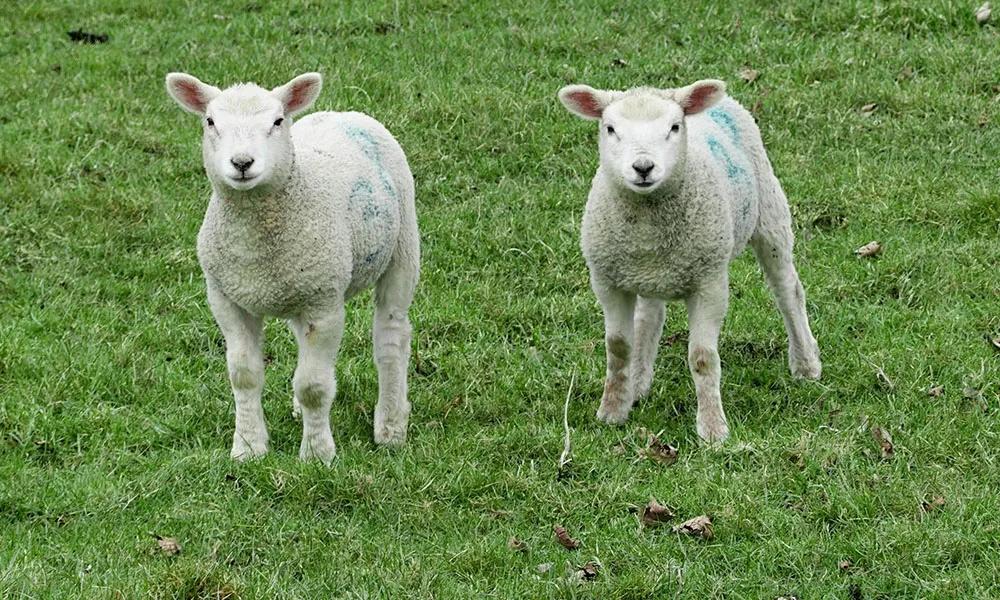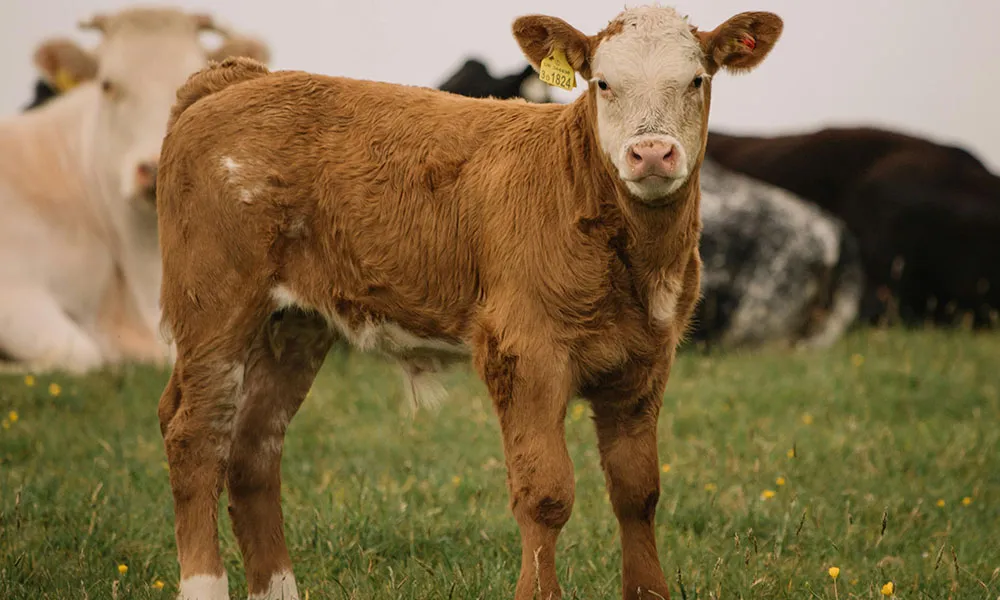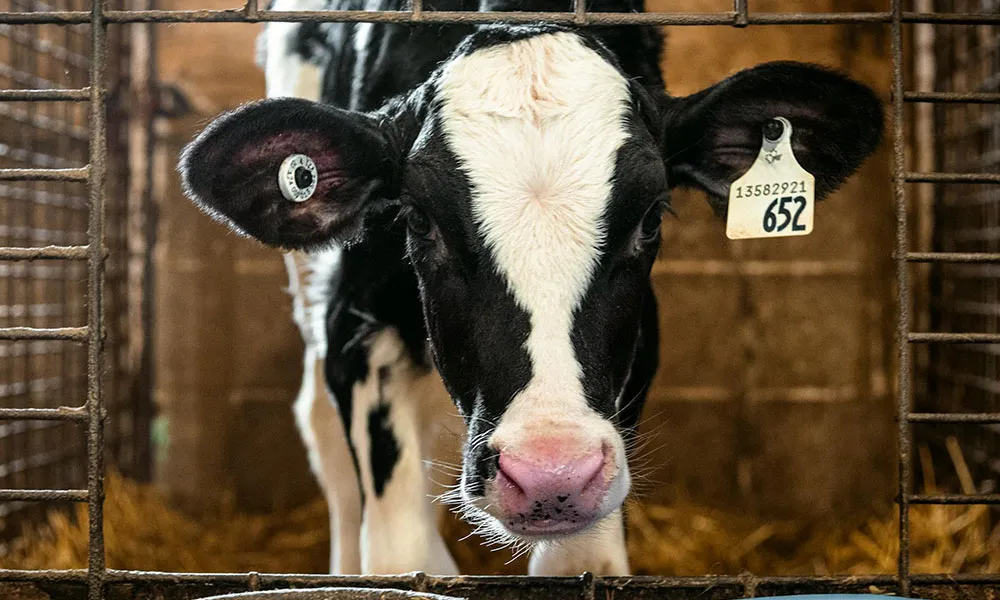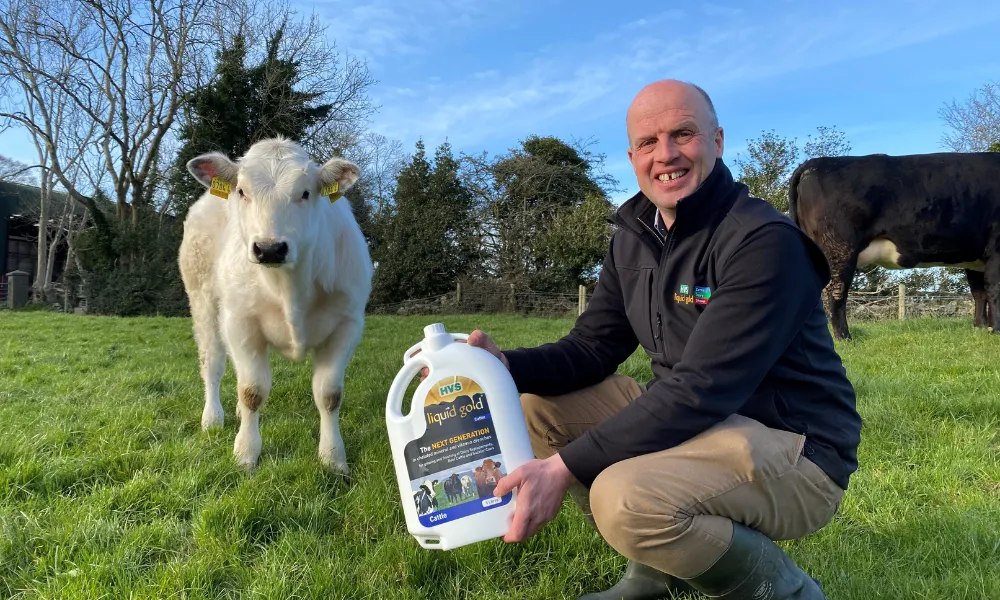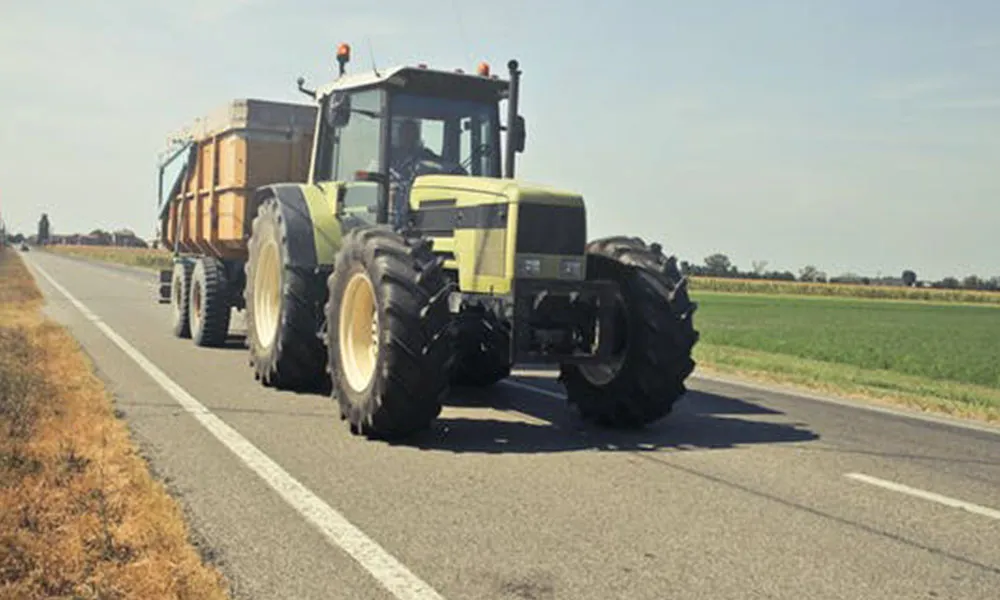
An important investment
A good tractor is one of the most important investments a farmer can make. The right tractor will fix you up for years to come. Now, obviously, those who can afford to buy a brand-new model don’t have many worries. New tractors, unless they come from a very disreputable brand, should run like clockwork for a few years at least.
If you are like me, however, you simply can’t afford to spend big on a brand-new model. This means that you are on the hunt for a good used tractor. This is not necessarily going to be a painful experience. There are many excellent used tractors on the market, and many reputable dealers that won’t sell you a pig-in-a-poke. However, it is also important to remember that there are plenty of highway men out there who will sell you a spray-painted heap of scrap if they can get away with it. That’s why we at Agridirect.ie have decided to put together this short and simple guide to help you with your purchase. In today’s blog entry, we will discuss what to look for in a used tractor and what features to check and double-check before making the deal.
Know your budget and know what you want
This is obvious advice but easy to forget in all the excitement of the search. Before opening DoneDeal or visiting a used tractor dealer, consider what you will be using your tractor for and how much you are willing to pay for it. The last thing you want is to go over budget for a tractor with specifications you don’t really need. Money is tight on small farms these days, so don’t squander it on pointless mod cons. You should ask yourself two questions: Will I be using this tractor be for heavy duty use or fairly light farmyard work? And does it have the horsepower to pull the machinery I will be using?
The answers to these questions should set you on the right path, since you now know the size and power of the tractor you need.
Are parts easy to source?
Again, this simple advice, but crucial and easy to overlook. How obscure is the model of tractor you are looking at? I’m not saying that we should all buy the established models like Massey, Ford or John Deere, but it is important to consider the availability and accessibility of replacement parts. A replacement part for most Masseys will be easy to locate. Parts for some relatively unknown model may be much less so. If a part goes when you are at silage or putting out slurry, you won’t have the time to spend days scrawling the internet looking for a supplier for the part.
Sometimes, the old reliable is best.
Check the clock
Just like ourselves, the more miles on the clock, the harder a tractor is likely to find the work. It doesn’t have to be a new or even fairly new tractor to be in good working condition. Often, a more important gauge of condition is the number of hours on the clock. If there are big miles and hours on a tractor, chances are it will act up on you before too long. If this is the case with a tractor you are looking at, walk away and leave it where it is.
Giving the tractor the once-over
If you’ve come this far and you’re still happy with your tractor, it’s time to give it the once-over – or maybe a twice over, just be sure!
This is the part that requires the most careful attention. There are a few crucial tests that you have to carry out before you can safely make a deal for your new machine. Foremost among these is to check carefully for oil leaks. Look beneath the tractor and on the ground around it for any sign of bluish fluid lying in patches. Then start the tractor, give it a few revs and take it for a short test drive. Look closely at the colour of the exhaust smoke. If it is white or blue, the fuel injector may be faulty. If it is unduly dark, there is probably a problem with the piston rings.
While you are driving, you should gauge the effectiveness of the gears and clutch. You have probably driven enough cars and tractors to assess for yourself whether or not there is a problem here. A sticky clutch or gear stick is a big no-no.
After the engine is hot, look for signs of diesel leaks. While you are looking at the engine, you should also keep an eye out for dust accumulations. This may mean that the air filters are faulty. If there are signs of dust, check that the air filter seals are intact. Take a look at the radiator as well, keeping an eye out for white spots. Such spots might be a sign of cooling-system problems. When examining the engine as a whole, always look for signs of excessive rust. If there is a lot of corrosion, this is a good enough reason to walk away.
Finally, check the condition of the wheels and make sure that all lights are in good working order. Ideally, if you are buying a tractor, you should expect it to have new or almost new tyres and lights. Check the wheels for any dodgy-looking welds.
If the tractor passes all of these tests, it is time to talk price. If you have noticed a few minor and rectifiable issues, such as a tattered or uncomfortable seat, you may be able to get a few quid knocked off the asking price. Now I’d call that a success.
Thanks for reading
So those are our thoughts on the key points to keep in mind when purchasing a new tractor. As always, if you have any further thoughts to add to this article, we would be delighted to hear from you. Here at Agridirect.ie, we are aware that farmers possess a wealth of knowledge about everything relating to agriculture, and we are always happy to share it with the wider farming community.
P.S. Why not check out some of our special offers for great value on a wide range of farming equipment!






